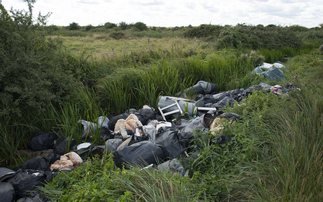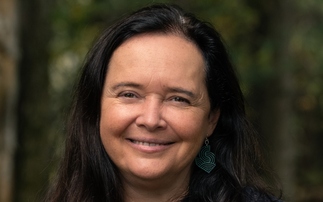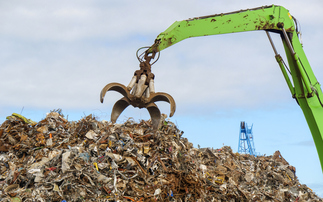New ESAP initiative to kick off with in-depth exploration of the complex waste challenges faced by the electronics industry
The precise nature of the projects and targets ESAP will work on is very much up for grabs, and Goodwin admits the targets the group eventually agrees upon may end up looking more like a 'framework' of goals given the extent to which many of the organisations involved operate at different points along the value chain. Individual companies could end up working towards their own voluntary agreements, as long as the ultimate goal of making better use of resources and enhancing product durability is realised, she explained.
However, yesterday's conference provided an insight into some of the resource efficient business models WRAP is seeking to promote through ESAP. For example, Wiens called on more manufacturers to make their repair guides and manuals freely available online in order to make it easier for consumers and independent repair shops to fix broken appliances, arguing that the internet age means this information is almost always already available online somewhere, despite companies' efforts to keep their intellectual property secret.
Meanwhile, Sean Feeney of waste electrical and electronic equipment recycling and re-use specialist Environcom called for a change in design processes to make it easier for household products to be re-used and repaired. "Cars are designed with auto-manufacturers knowing they are going to be used by several different customers throughout their life," he argued. "We need that mindset in other sectors."
Similarly, LG's Steve Beaman revealed how in its native South Korea the electronics giant operates a comprehensive repair service that stretches from online advice to drop in repair shops and same day in-house repairs, all of which is enabled by close relationships between manufacturers and retailers to better track what products consumers own and a consumer culture where people are keen to extend the use of products.
It will require a major transformation of both consumer culture and the UK electronics industry to encourage large numbers of people to eschew constant gadget upgrades in favour of durable and re-used products. But the launch of ESAP confirms that some of the industry's biggest players are now committed to exploring how new technologies, service-based business models, and supply chain co-operation, could help to deliver this transformation.
BusinessGreen was a media partner of WRAP's Resource Limited conference









